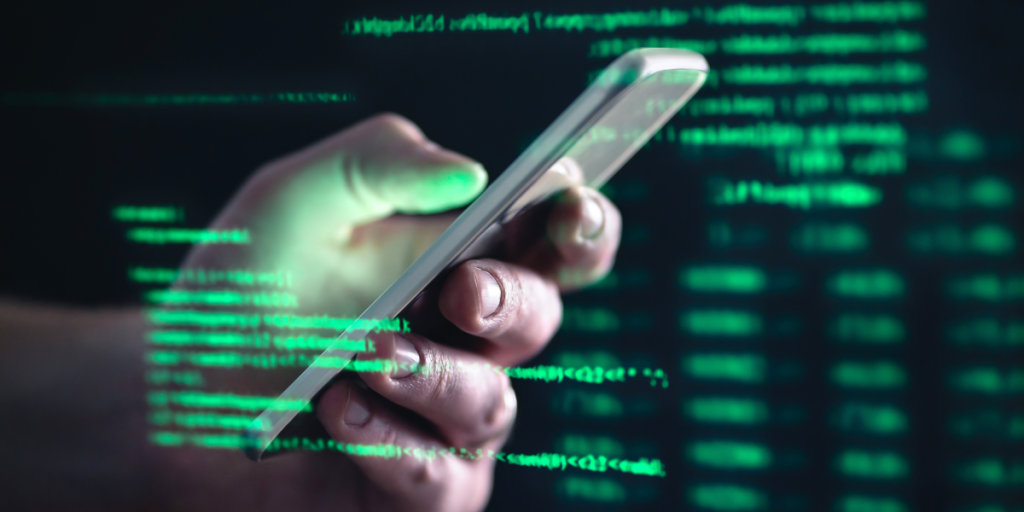In an era marked by increasing surveillance, censorship, and data exploitation, the quest for digital freedom and online autonomy has become more critical than ever. The darknet, often shrouded in controversy, plays a complex role in this landscape. Among the many platforms emerging from the darknet, Kraken, a notable darknet market, has sparked intense debate about its implications. While darknet marketplaces are often associated with illicit activities, platforms like Kraken also play a pivotal role in promoting digital freedom and preserving the anonymity of users who seek refuge from oppressive regimes, censorship, and intrusive data collection. Kraken operates within the Tor network, which anonymizes user traffic and hides identities, allowing individuals to communicate, transact, and share information without fear of surveillance. This feature is particularly crucial for whistleblowers, journalists, activists, and citizens living under authoritarian governments. In such environments, expressing dissent or seeking uncensored information can have dire consequences.

By providing a secure and anonymous platform, Kraken empowers users to reclaim their right to privacy and engage in open discourse without the looming threat of persecution. This bolsters the fundamental principle of free speech, which is the cornerstone of any democratic society. Moreover, Kraken and similar darknet platforms challenge the dominance of corporate surveillance capitalism. In the mainstream digital ecosystem, user data is routinely harvested, analyzed, and monetized by tech giants, often without meaningful consent. Кракен ссылка, by contrast, allows users to engage in commerce and communication without the burden of constant tracking. The use of cryptocurrencies further enhances this autonomy, providing a decentralized alternative to traditional financial systems that are frequently monitored and regulated. By enabling peer-to-peer transactions, Kraken facilitates financial sovereignty and undermines the control of centralized institutions. However, it is important to acknowledge the dual-use nature of darknet markets. While Kraken supports digital freedom, it also faces criticism for enabling illegal trade and fostering criminal networks.
Vendors who fail to maintain high standards of service, or who demonstrate suspicious activity, are swiftly delisted. The anonymity that protects dissidents can equally shield bad actors. Yet, this dichotomy reflects the broader challenge of balancing freedom with security in the digital age. Tools that empower individuals can be misused, but their potential to advance human rights and privacy cannot be dismissed outright. The same encryption that safeguards a journalist’s sources may also hide illicit dealings, making nuanced policy and ethical discussions essential. Kraken’s role in enhancing digital freedom lies not in the legality of its offerings, but in the infrastructure it represents a space where individuals can operate outside the bounds of surveillance and centralized control. It prompts a reexamination of how societies value privacy, autonomy, and access to information. While reforming these platforms to mitigate harm is necessary, the core technologies underpinning Kraken hold immense potential to foster a freer, more inclusive digital world. Ultimately, the conversation about Kraken and the darknet should go beyond fear and focus on how such systems can be refined and integrated to support the broader goals of human liberty and technological empowerment.